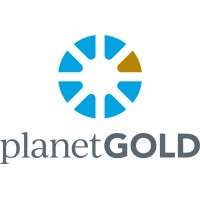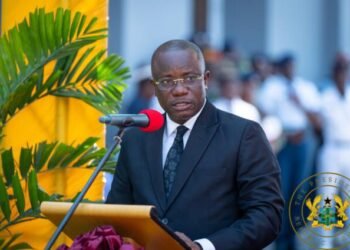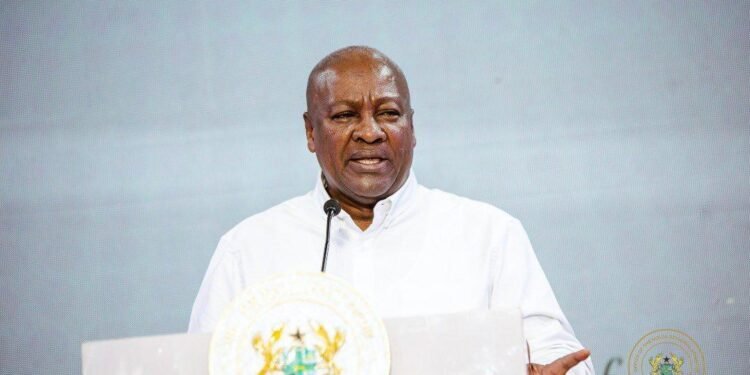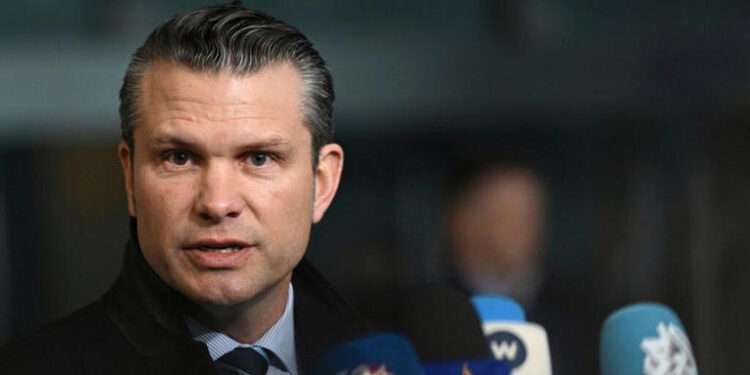The Government of Ghana in partnership with the United Nations Development Programme (UNDP) and the United Nations Industrial Organisation (UNIDO) has launched a $6.3million “planetGold Project” to limit the use of mercury in mining.
On the theme “Advancing formalisation and mercury-free gold in Ghana”, the ‘planetGold Project’ which aims to make small-scale gold mining safer, cleaner, and more profitable in the country was instigated to be implemented by the Environmental Protection Agency (EPA) in partnership with UNDP, UNIDO and Global Environmental Facility for a five-year period spanning 2022 to 2027.
According to the Government, the implementation of the project is expected to minimise the risks posed by mercury use in the Artisanal and Small-scale Gold Mining (ASGM) sector, by ensuring sound chemical management and eliminating pollution hazards.
Initiating the launch of the project, the Executive Director of EPA, Dr. Henry Kwabena Kokofu, averred that the project would strengthen national and jurisdictional capacity to enhance Ghana’s compliance with the Minamata Convention, in accordance with national environmental policies to support global platforms on mercury reduction, responsible supply chains and mineral resource governance.
The ASGM sector, as stated by Dr. Kokofu, had witnessed consistent growth over the years, contributing about a third of the country’s total gold production, and substantially giving financial support to the economy.
The EPA executive director divulged that the sector was still largely an informal one and was characterised by significant environmental pollution and degradation, which emanated from the use of unsafe chemicals such mercury in mining.
According to Dr. Kokofu, even though the project could not start last year as scheduled, the implementation period would not change.
Dr. Kokofu further stipulated that the project has come at an opportune time to improve the management of chemicals and eliminate pollution hazards, while improving financial inclusion and transition into the formal economy.

Ghana Seeks To Adopt Strategies To Attain planetGold Agenda
According to Dr. Kokofu, the project was focused on enriching formalisation through legal approaches, accelerating financial inclusion and responsible supply chains, enhancing the uptake of mercury-free technologies, fostering knowledge sharing and local capacity building support.
“I would like to first express my sincere appreciation to our development partners for keeping faith with Ghana in our quest to put in place sustainable programmes and strategies for the implementation of the chemical related multilateral environmental agreements (MEAs) in fulfilment of the 2030 Global Agenda for Sustainable Development.”
Dr. Henry Kwabena Kokofu
Dr. Angela Lusigi, the Resident Representative of UNDP noted that Ghana was Africa’s largest gold producer and with over one million Ghanaians employed in the sector.
The UNDP resident representative communicated that the project symbolized a breakthrough in protecting human health and the environment, adding that the project would help Ghana achieve the Minamata Convention on Mercury and promote green structural transformation.
In June 2020, the Council of the Global Environment Facility (GEF) approved a new programme to expand planetGOLD by 15 countries, including Ghana and over 74 million USD. The programme will leverage co-financing of over 342 million USD from national governments, GEF agencies, international and national civil society organizations, bilateral development agencies, multilateral finance institutions, and the private sector.
At the end, the project is expected to achieve an increased formalization of the ASGM sector, improved access to responsible gold markets by miners, reduced mercury releases by the ASGM sector, and increased information dissemination globally.
Read Also: Oil Giant BP Sees Biggest Profit In 114-Year History























